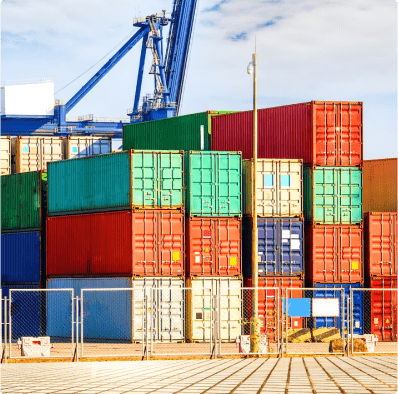Unlock Global Possibilities
with LCL Shipping Services
Ever pondered over the boundless opportunities the world's oceans hold for businesses? Curious about a shipping service that doesn't just move cargo, but unlocks global market potential piece by piece? Welcome to the realm of LCL Shipping Services - a gateway to untapped global possibilities.





.svg)
.svg)

.svg)
.svg)




 Get instant quote
and compare offers in real time
Get instant quote
and compare offers in real time